There’s a story I’ve been reluctant to tell. It’s a narrative that doesn’t quite fit the image many have of Africa, of the “orphan in need” or the “lucky child” who found their way into Western-funded care. But the truth is, there’s more to our story than these labels.
In Ghana, where so much of your identity is tied to where you come from—your village, your tribe, your mother tongue—many of us who grew up in care have been left with a different kind of inheritance. We’ve lost our mother tongues, disconnected from the places that would have once grounded us. While we had access to education beyond the status of our birth families, we didn’t have the kinship networks so vital in a country where nepotism often opens doors. Many of us are highly educated, yet we stand at the fringes, burdened by our birth families’ poverty and, in many cases, survivors’ guilt.
Our proximity to whiteness and its funding marked us. To some, we were the “fortunate” ones, given opportunities others could only dream of. But to others, we were the pitied, cast in the shadow of the orphan narrative that shapes perceptions of African children in care. That story, however, fails to capture the complexities of who we are.
The truth is, care-experienced children in Ghana, just like those in Europe, carry invisible scars. Most of my sisters had children young, and many are no longer with the fathers of those children. Love feels heavy, a responsibility we weren’t quite prepared to carry. My brothers, on the other hand, remain childless, caught in the search for love while fearing the weight of commitment. We feel both the longing for family and the absence of a true model to follow.
We meet mostly now at funerals. It is in these moments, standing around a coffin, that we are reunited, where laughter from shared memories is chased by the tear knots tightening in our chests. The burdens we carry—the alcohol, the drug addictions—are often whispered about, tucked beneath the surface of our lives. We survive, but survival comes at a cost.
And yet, somehow, there is hope.
Despite everything, the bond between us—those of us who grew up together in care—remains strong. We don’t always know how to “be” a family in the traditional sense, but we’ve built something just as enduring. Through betrayal, jealousy, and loss, we have carried each other. The love we received from the grandmother who raised us in care might not have been enough to fully heal the wounds of our past, but it gave us something powerful—the strength to stand together when everything else crumbles.
This is our story. A story of struggle, yes, but also of resilience. We may not have the kinship networks or the cultural connections many in Ghana hold dear, but we have created our own family. One that has weathered the worst and yet still stands. In that, there is hope—a hope that our story will no longer go untold, and that others like us will find the strength to keep moving forward.
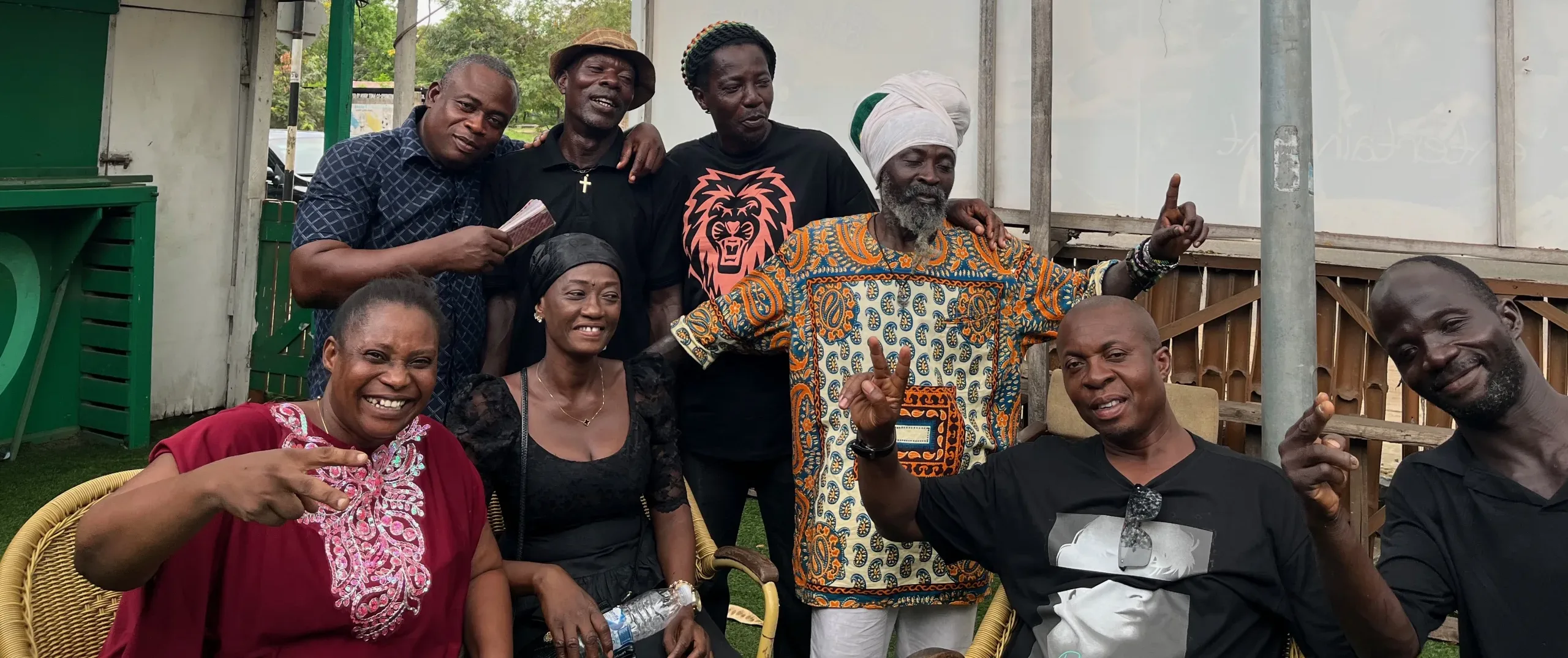
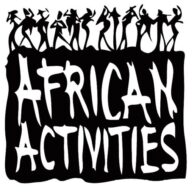
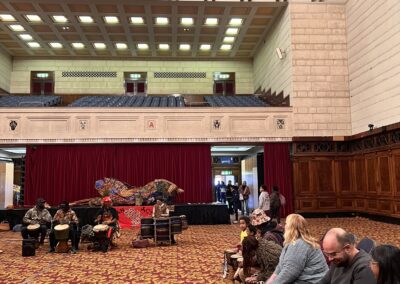
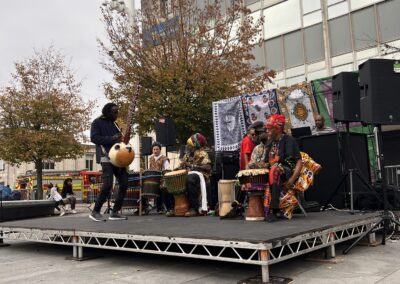
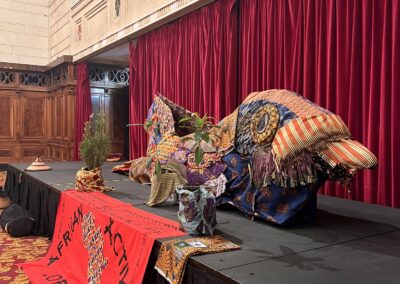


0 Comments